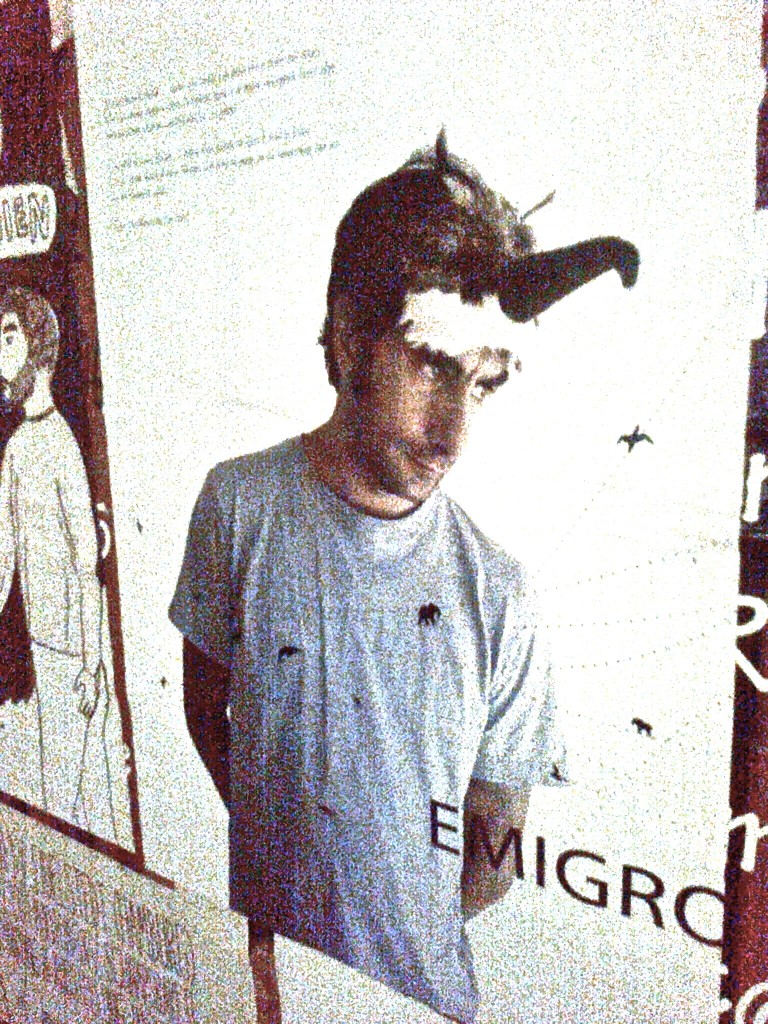Unemployed Spanish Youth in Berlin
I came across this street-art poster the other evening near Kottbusser Tor in Kreuzberg. It’s entitled Emigro (‘I emigrate’ in Spanish) and there’s the image of a young man who has taken off his carnival mask. Beneath the bonhomie of the party––and the Spanish are notorious as great partiers––is a look of great sadness. Adjacent is an explanation in comic form, a conversation in a bar:
“Where do you come from?”
“From Spain, unfortunately”
“Why unfortunately? Oh yeah…”
The image of Spain has already changed for plenty of young Spaniards, and slowly the message of what it means is becoming clearer to Berliners as well.
Chancellor Angela Merkel said last July that youth unemployment was the biggest problem facing Europe. And after Greece, Spain has more of it than anywhere else. New figures released last month put Spanish youth unemployment (in the under 25 set) at a record high of 56%. In 2012, a half million Spaniards moved abroad as job-seekers. Emigration to Germany increased by 53% in just one year, with 40 000 coming here. Many are highly qualified––with training in engineering or computer science––but seek jobs in hotels or restaurants in Berlin. 70% who come leave within one year. Why? Some put it down to the weather and northern culture [!], others to homesickness, but many in the end are often excluded from the workplace because of poor language skills (German language instruction is as a result booming, both here and back in Spain).
I talk to a young man from Andalucia [who would wish to be kept anonymous] who moved to Berlin to find a job as a computer programmer. You would think this wouldn’t be such a difficult task in a growth industry, but one gets the sense that someone from Scandinavia or North America would do better… there’s something about need that makes one less attractive in the workplace, and Spaniards and Greeks are increasingly stereotyped as people in need of work. He expressed to me his impatience with German attitudes; they perceive Spain simply as a beautiful place one goes on holiday.
But at least to this one story, there’s a happy ending. Our Andalucian finally found a job after months of looking extremely nervous. He now has a simple flat in Friedrichshain and has taken great joy in decorating it: a completely natural and expected romance of the domestic after so much instability. I imagine that if he gets around to throwing a housewarming party he’ll be dancing, the last thing he’ll be worrying about is the weather… and he won’t be wearing a mask.
(You can read another of my blog posts on the crisis here).
I don’t know the artist of the above street artworks, and it was difficult to get good quality photos at night: if you know the artist, please let me know so I can include his/her name in the post.


